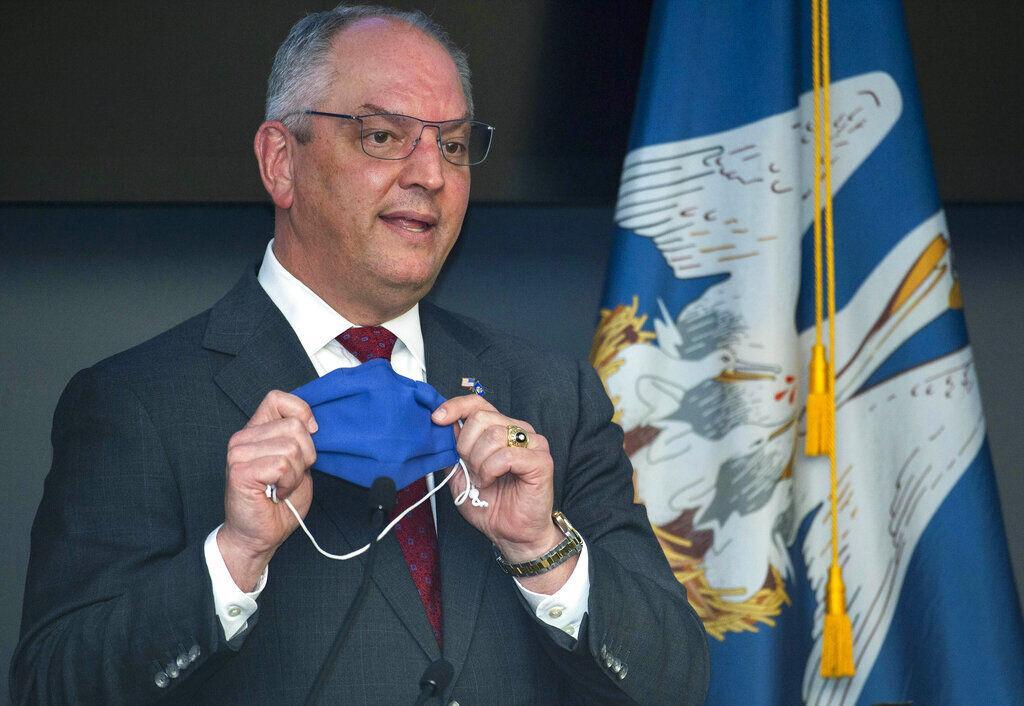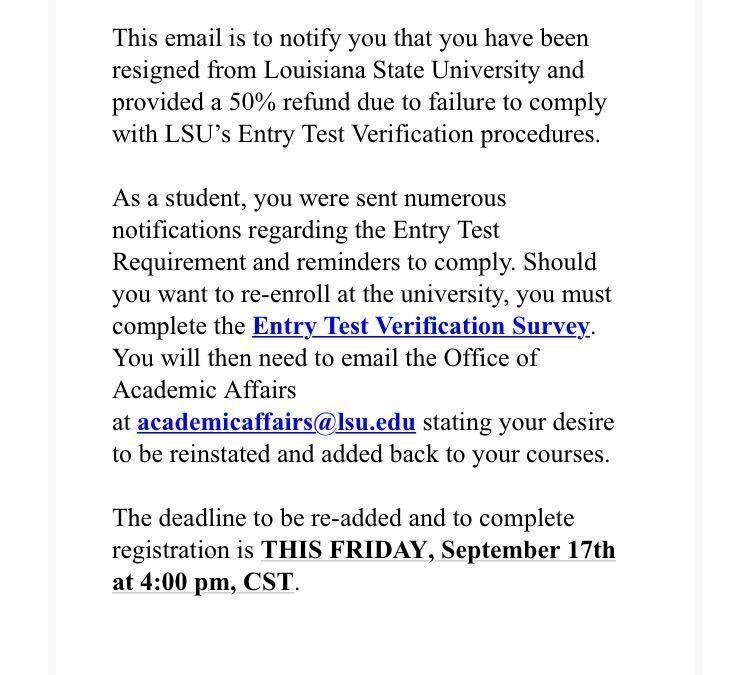Pennington Biomedical Research Center is implementing a new study that aims to offer and promote COVID-19 testing in some Black communities within Baton Rouge.
A higher percentage of Black people experience severe symptoms or die from COVID-19 compared to other people, according to the Centers for Disease Control and Prevention (CDC). Despite this, a large number of Black residents in Louisiana remain reluctant to get tested for the virus, according to a press release issued by the Pennington Biomedical Research Center.
Dr. John Kirwan, executive director of Pennington Biomedical Research Center, said he thinks that more people might be willing to undergo tests, and later get vaccinated, if they do so in a place that is familiar and comfortable with them.
“The new, more dangerous variants of COVID-19 and the need to distribute vaccines fairly make it all the more urgent that we do a better job of testing in underserved Black communities,” Kirwan said in the press release.
Researchers plan to use a multimedia campaign to promote and conduct rapid testing at 16 churches, schools, clinics and community centers across north Baton Rouge, according to the press release.
Researchers also plan to collect saliva samples from 2,000 adults as well as information on their age, sex, race, socioeconomic status and other information. The data collected by scientists will help them determine how these factors are related to testing rates.
This strategy is not new to Pennington Biomedical Research Center. In the past, the research center used a similar strategy to help low-income patients with obesity lose weight. The research center also placed health coaches into primary care clinics, which was a more familiar setting where study participants felt more relaxed, according to the press release.
Mayor-President Sharon Weston-Broome said in the press release that there is a distrust of the health system and other related health studies in the Black community and that encouraging residents to get tested and vaccinated will require some work.
“The coronavirus has exposed, and continues to expose, the gap in access to health care that divides our city, parish, state and country,” Broome said. “Increasing testing in Louisiana’s Black communities is vitally important to understanding and slowing the virus’ spread. The data the scientists collect will also help us understand the role health disparities play in the coronavirus’ impact on our residents.”
Pennington Biomedical Research Center and the Louisiana Clinical and Translational Science Center (LA CaTS) received a $1.8 million grant through the National Institutes of Health to conduct the research, according to the press release.
Researchers are partnering with HealthyBR to achieve the project’s goals. HealthyBR is an organization that seeks to foster a movement based on communication, coordination and collaboration that promotes a better and healthier life for all people in the city of Baton Rouge, according to its website.
The partnership between researchers and HealthyBR is a collaboration among Baton Rouge’s 73 top health and human services organizations and hospital systems.
The goal of this work is to gather more information about why COVID-19 affects the Black community more than other communities in Baton Rouge and to help stop the spread of the virus among Black residents.
Dr. Peter Katzmarzyk, Pennington Biomedical associate executive director for population and public health science, hopes to understand the barriers that the Black community faces in regard to testing and getting vaccinated through this research.
“We have some ideas about why people are not getting tested,” Katzmarzyk said. “Some people may not have a way to get to a testing site. Others may not be able to take time off from work. Still, others may have issues finding healthcare. We’re going to ask members of our Black communities what they think the barriers are to testing and what approaches they think would be best to get more people tested.”
Testing began Feb. 10. The hours at each testing site are 8 a.m. to 4 p.m. on weekdays and 8 a.m. to 12 p.m. on Saturdays.
New Pennington research aims to promote COVID-19 testing in Black communities
By Henry Weldon
February 21, 2021
Pennington
More to Discover










